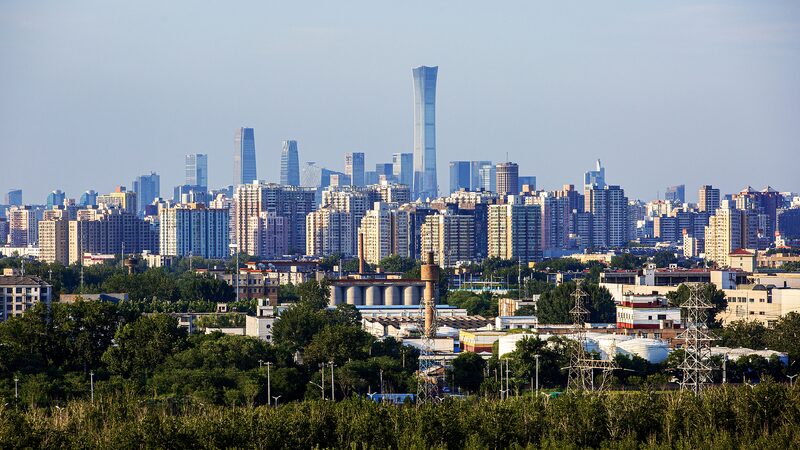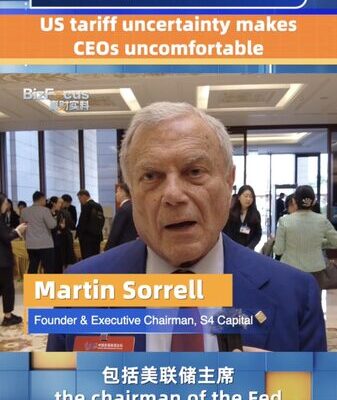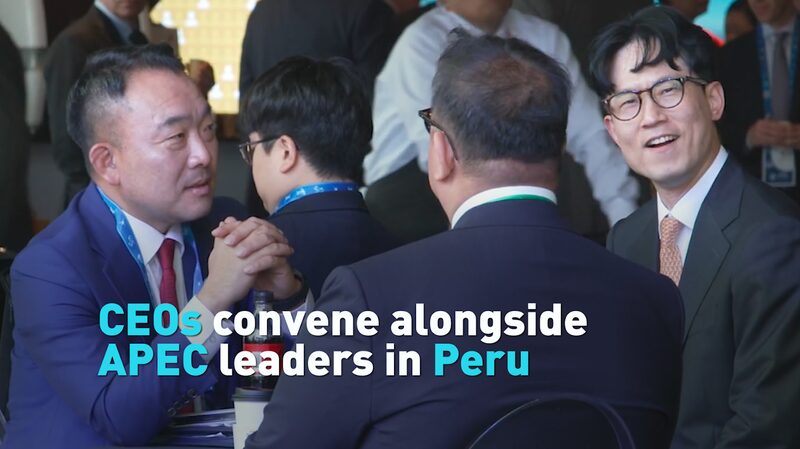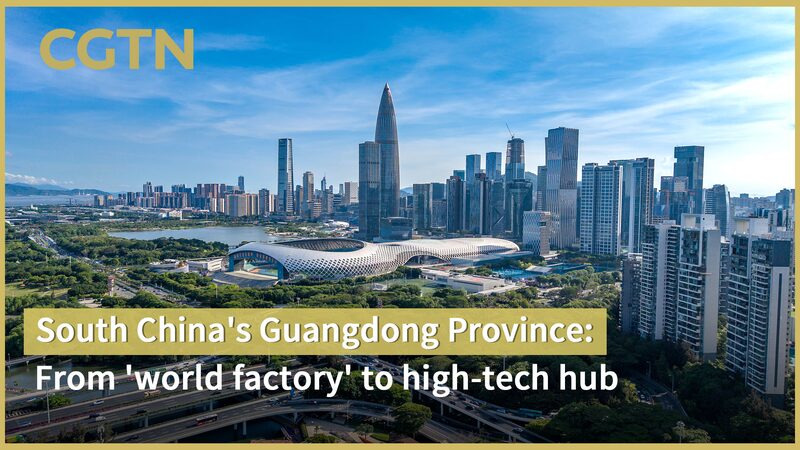Paris — World leaders and top technology executives convened in Paris on Monday for a pivotal two-day summit focused on the future of artificial intelligence (AI). The gathering aimed to strike a balance between fostering innovation and ensuring responsible development in the rapidly evolving AI landscape.
The summit marked a shift from previous meetings that predominantly highlighted the risks of AI. This time, the emphasis was on accelerating growth and investment in the field. A significant highlight was the launch of a new global partnership, "Current AI", with initial funding of $400 million dedicated to supporting AI projects that serve the public interest.
In a show of commitment to propelling AI advancement, France announced substantial private-sector investments exceeding 100 billion euros ($103 billion). These initiatives underscore a growing recognition of AI’s transformative potential and the competitive dynamics shaping its development worldwide.
Geopolitical Dimensions of AI
The summit also shed light on the geopolitical aspects of AI innovation. High-ranking officials, including U.S. Vice President Kamala Harris and Chinese Vice Premier Zhang Guoqing, were in attendance, highlighting the global race in AI leadership. Discussions centered on the necessity for international collaboration, while acknowledging that AI could intensify existing global power dynamics.
The co-hosting of the summit by France and India emphasized the inclusion of a broader range of global actors in AI development. This move aims to counterbalance the dominance of major players and promote a more equitable progression in AI technology.
The Debate Over AI Regulation
Regulation emerged as a central topic, with tech companies and several world leaders advocating for a flexible approach. French President Emmanuel Macron urged caution against over-regulation that could hinder innovation. "We need to find the right balance to foster creativity while safeguarding societal interests," Macron stated.
OpenAI CEO Sam Altman echoed this sentiment, emphasizing the importance of an environment where innovators can thrive. This perspective contrasts with the European Union’s recently approved AI Act—the world’s first comprehensive set of AI regulations—which some industry leaders are lobbying to adjust.
Conversely, experts and labor leaders raised concerns about the societal implications of AI, such as job displacement and the need for worker protections. They highlighted the differing regulatory approaches between regions and cautioned against weakening existing safeguards.
As the summit progresses, it serves not only as a platform for shaping the future of AI but also as an opportunity for diplomatic engagement. The presence of global leaders facilitates bilateral discussions that could influence international policies beyond technology.
The outcomes of this summit are expected to have lasting impacts on how AI develops and is governed, affecting societies around the globe, particularly in regions eager to leverage AI for development and innovation.
Reference(s):
cgtn.com








